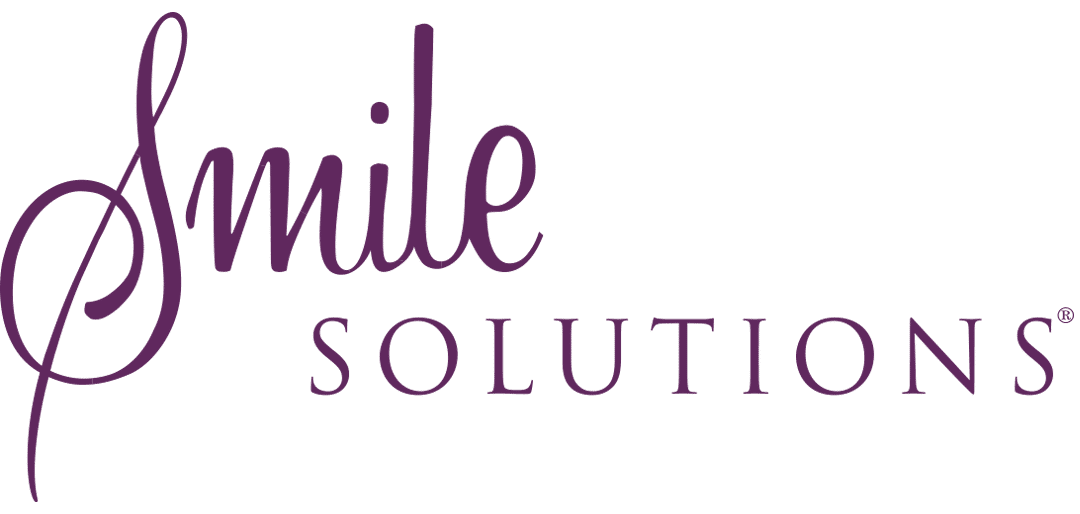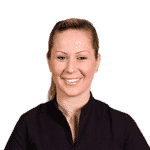
Maintaining quality of life is an integral part of the ageing process. From a dental perspective, this means continuing to look after our oral health by controlling oral diseases and restoring or replacing any lost or damaged teeth.
Lost teeth or unrepaired damaged teeth can cause discomfort; pain; inability to eat, chew and enjoy certain foods; difficulties with speaking; and reluctance to smile. All of these directly affect quality of life. There can also be consequences for our self-esteem and our social interactions.
In addition, sub-par oral health can lead to conditions of the mouth that directly influence our general health. Conditions that have been linked to oral diseases include coronary heart disease, cardiovascular disease, stroke, uncontrolled diabetes, aspiration pneumonia, and (recently) Alzheimer’s disease.
In practical terms, what does this mean for today’s ageing population?
Twenty years ago the majority of Australia’s 65 year olds no longer had their own teeth – that is, they were endentulous. That said, the prevalence of edentulism has been gradually reducing across all age groups over the past half-century. This means more and more older Australians are now retaining their own teeth. Coupled with an increasing life expectancy, the need to keep our teeth healthy and retain them for longer has never been more important.
How can we achieve this?
Regular dental check-ups and cleans allow your dentist to identify problems early and treat them as necessary. Restoring any damaged or lost tissue is just as crucial as arming yourself with the tools necessary to maintain optimum oral health at home.
Each individual’s oral health regime is unique to them and will change over time. It’s a good idea to discuss with your dentist what is the appropriate regime for you. They can customise a home-care routine tailored to your needs, using a combination of electric and manual toothbrushes, floss, interdental brushes, mouthwashes, and creams/pastes. Your dentist can also teach you the most appropriate and effective techniques to use.
Of supreme importance for older adults is being able to eat and talk comfortably, to feel happy with their appearance, to stay pain free, to preserve self-esteem and to maintain the standards of hygiene and care they have established throughout their lives. Helping you to achieve such outcomes is our aim at Smile Solutions.

